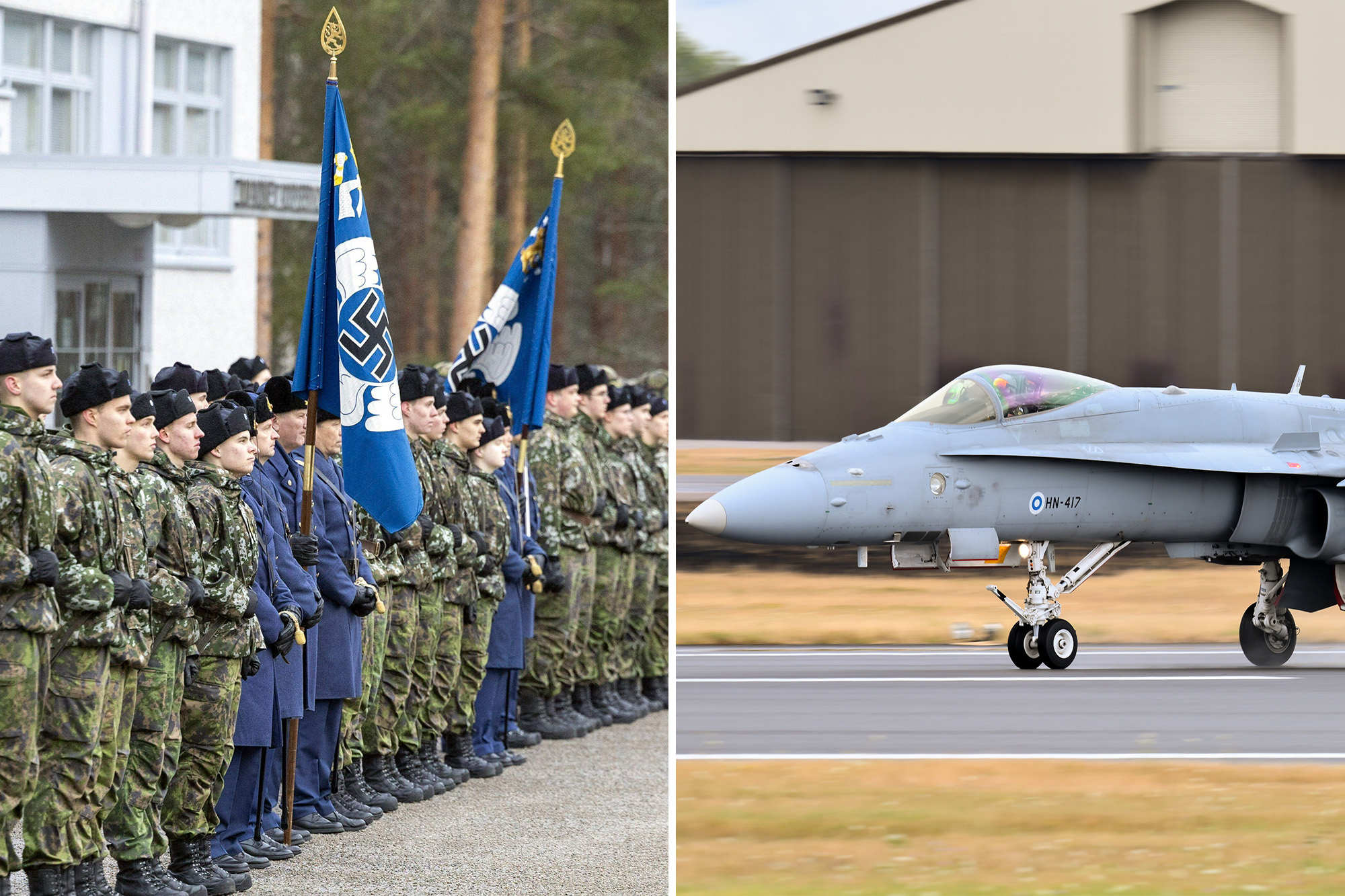Finland has decided to remove the swastika from its air force flags, acknowledging that the symbol has caused “awkward situations” with NATO allies. This announcement comes from Colonel Tomi Böhm, the new commander of the Karelian Air Wing, who recognized that the emblem created tension during joint exercises with American forces.
The Finnish Air Force’s adoption of the swastika dates back to 1918, during the civil war between the Soviet-backed Red Guards and the anti-communist Whites. While the symbol has ancient roots in various cultures, including Hinduism and Nordic traditions, its association with Nazi Germany complicates its historical significance. The emblem was originally introduced to Finland by Count Eric Von Rosen, who provided the nation with its first military aircraft, featuring his personal symbol—a blue hooked cross on a white background.
The emblem remained in use as the national insignia on Finnish aircraft until 1945, with its reappearance on some air force flags occurring in the 1950s. Colonel Böhm stated that the swastika had previously been removed from air force command insignia in 2020. He emphasized that the decision to eliminate it from the flags was not influenced by external pressures but was rather a reflection of changing times. “The world has changed, and we live with the times,” Böhm noted.
Despite Finland’s historical alliance with Nazi Germany during World War II, the country has consistently maintained that its use of the swastika has “nothing to do with” the atrocities of the Third Reich. Teivo Teivainen, a historian from Helsinki University and author of “History of the Swastika,” has pointed out that Finland’s air force insignia has become incompatible with its new status as a NATO member. The integration with forces from nations such as Germany, the Netherlands, and France, where the swastika is a widely recognized negative symbol, has necessitated this change.
Finland’s accession to NATO in 2023 marked a significant shift in the country’s defense policy, which had long favored non-alignment. The decision was spurred by concerns over security following Russia’s invasion of Ukraine. This change was evident in 2021, when units of the German Air Force declined to participate in a ceremony at a military base in Finland’s Lapland region upon discovering that swastikas would be displayed.
The swastika is considered a criminal offense in many countries, including Australia, Germany, and France, among others. Finland’s decision to eliminate the symbol from its air force flags underscores its commitment to aligning with NATO standards and reflecting a more modern approach to its military identity.







































































